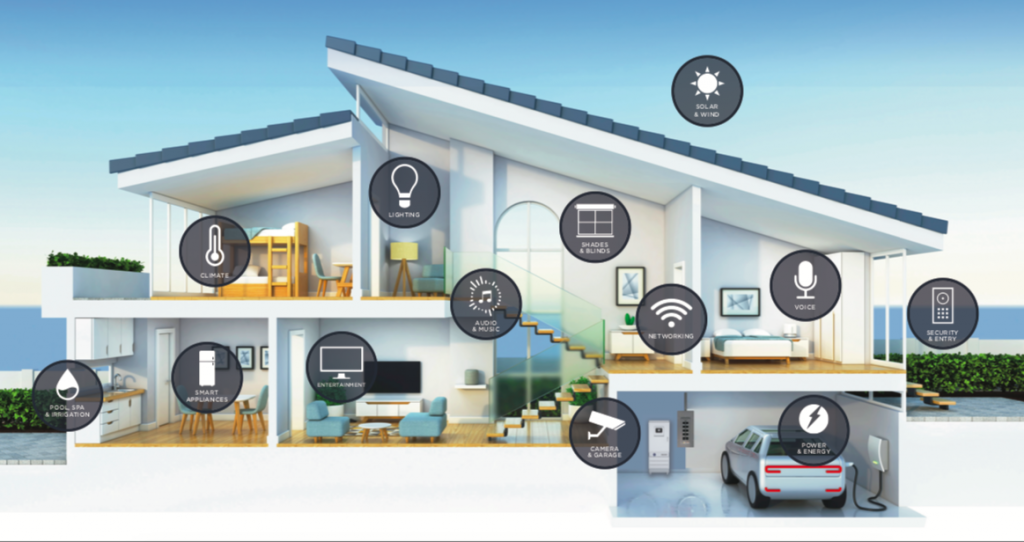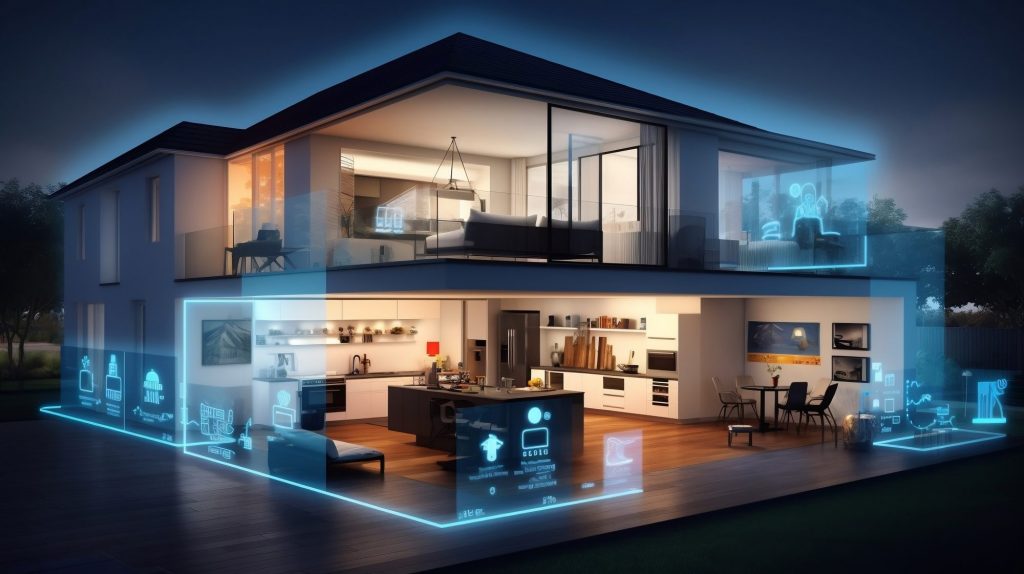
In recent years, smart homes have gained significant traction, promising convenience, efficiency, and enhanced connectivity. However, amidst the buzz surrounding this technology, it’s crucial to distinguish what a smart home truly is. Understanding this difference is paramount to making informed decisions about integrating smart technology into our living spaces.
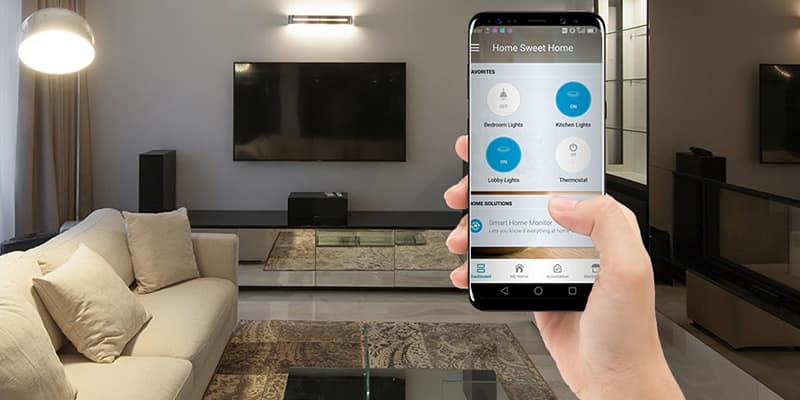
What IS a Smart Home?
A smart home is more than just a collection of interconnected gadgets. At its core, it’s a sophisticated ecosystem where various devices, appliances, and systems are intelligently integrated to streamline daily tasks, enhance comfort, and optimize energy usage. From lighting, window shades and security to entertainment and climate control, smart homes leverage automation and connectivity to offer unparalleled convenience and efficiency.
What a Smart Home IS NOT?
Contrary to common misconceptions, a smart home isn’t solely about having the latest gadgets or an excessive number of interconnected devices. Simply possessing smart devices doesn’t necessarily transform a traditional home into a genuinely smart one. A true smart home isn’t characterized by the sheer quantity of gadgets, but rather by how seamlessly these components work together to enhance the overall living experience.
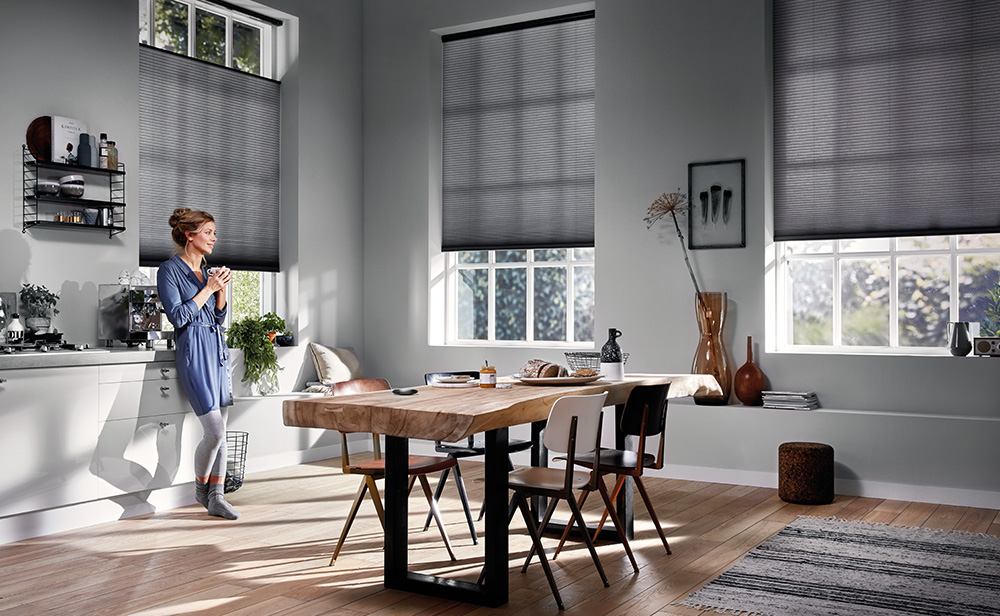
The Importance of Knowing the Difference
Understanding the essence of smart homes is crucial for several reasons:
Effective Implementation: Knowing what a smart home entails helps homeowners make informed decisions when selecting and integrating smart devices. It ensures that investments in technology align with specific needs and goals, leading to a more effective and satisfying implementation.
Avoiding Gimmicks: Without a clear understanding, individuals might fall prey to marketing gimmicks, purchasing unnecessary or incompatible devices that fail to deliver the promised benefits. Knowing the difference helps avoid wasting resources on gadgets that add little value to the home.
Security and Privacy: A fundamental aspect often overlooked is the security and privacy implications of smart home technology. Understanding what constitutes a smart home enables individuals to implement robust security measures and make informed choices to protect their data and privacy.
User Experience: Ultimately, the goal of a smart home is to enhance the user experience by simplifying tasks, improving efficiency, and increasing comfort. Knowing the essence of smart homes ensures that the technology serves its intended purpose, enriching the lives of occupants without unnecessary complexity or inconvenience.
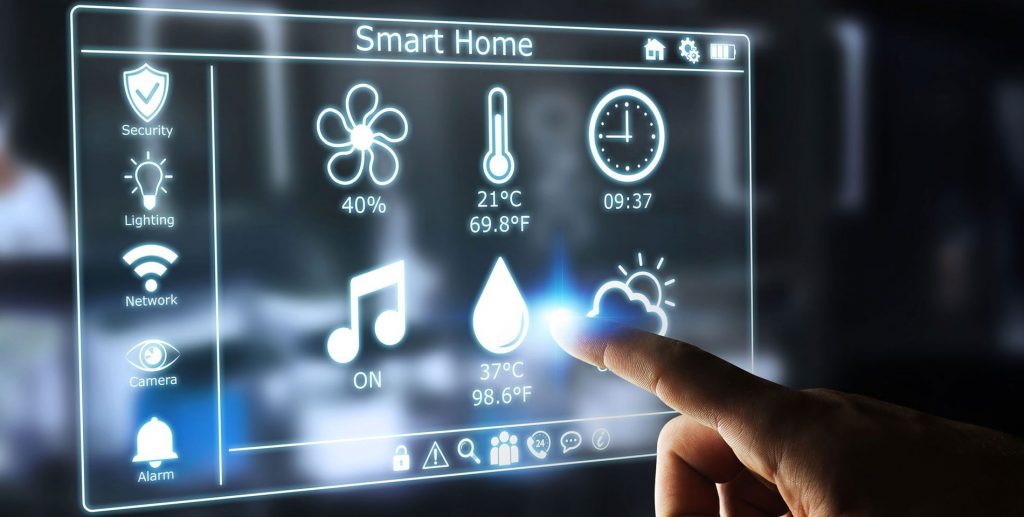
In conclusion, a smart home represents more than just a collection of gadgets—it’s a harmonious integration of technology designed to enhance daily living. By understanding what a smart home truly is and isn’t, individuals can make informed decisions, maximize the benefits of technology, and create living spaces that are truly intelligent and adaptive.







